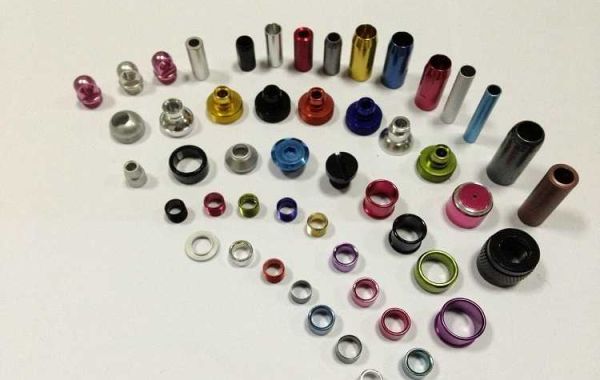Anodizing, the process of creating a protective oxide layer on a metal's surface, offers a plethora of advantages across various industries and applications. Here are some key advantages:
Enhanced Durability
- Corrosion Resistance: An anodizing coat protects your product from rust, salt, and other harmful substances, extending its lifespan.
- Wear Resistance:Anodizing produces a hard oxide layer that is ideal for outdoor applications, machinery, and tools due to its resistance to abrasions, scratches, and impacts.
- UV Stability:The resistance of anodized surfaces to fading and discoloration from sunlight extends their lifespan.
Aesthetic Appeal
- Vibrant Color Options: Anodizing enhances the visual appeal of products ranging from building facades to jewelry by unlocking a wide range of colors, from metallics and pastels to deep blacks.
- Uniform Finish:The procedure guarantees a smooth and uniform surface finish, removing imperfections and inconsistencies to produce an aesthetically attractive result.
- Preserving Natural Look: The underlying metal, such as aluminum, can retain its natural beauty through clear anodizing, which also improves its luster and shields it from oxidation.
Additional Advantages
- Electrical Insulation: Anodized parts are appropriate for electrical applications because of the oxide layer's superior electrical insulating properties.
- Improved Adhesion: The layer gives paint and other coatings a solid foundation, improving their adherence and durability.
- Environmentally Friendly:Some anodizing techniques, such as organic acid anodizing, are less harmful to the environment than conventional techniques that use dangerous chemicals.
- Cost-Effective: When weighed against other protective finishes, anodizing can be a more affordable option because of its minimal maintenance needs and long-lasting durability.








